Study Claims to Find Link Between Obesity and Supporting Donald Trump
A recent study in the American Journal of Health Behavior has identified a potential relationship between county-level obesity rates and support for Donald Trump in the 2016 U.S. Presidential election.
This connection seems to have nuances, with support for Trump rising in counties with increasing obesity rates up to a point, after which it diminishes.
Obesity in America: A Growing Issue
The prevalence of obesity is a significant health concern in the United States.

Source: i yunmai/Unsplash
The increased rates are not just numbers; they come with a host of related complications, including chronic diseases and an escalation in healthcare costs.
Health Influencing Political Behavior
Past studies have delved into how political outcomes might affect health. However, the reverse – how health conditions could influence political behavior – is a less explored area.

Source: Towfiqu barbhuiya/Unsplash
Researchers Ruopeng An and Mengmeng Ji took on this challenge, aiming to provide new insights into this intricate dynamic.
Data Collection and Validation
To ensure a robust understanding, An and Ji meticulously collected county-level election data, detailing the percentage of votes for both Donald Trump and Hilary Clinton.
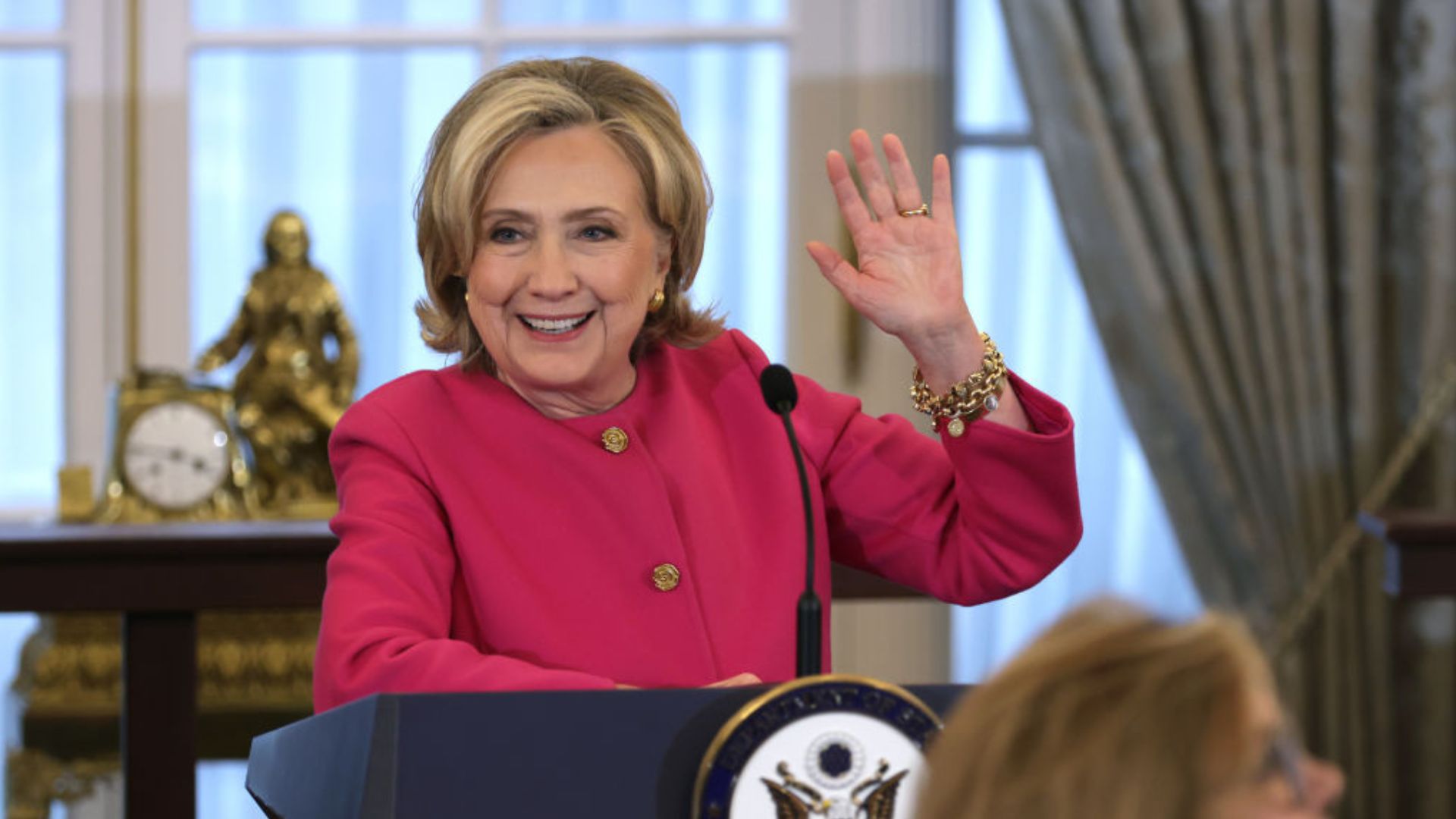
Source: Getty Images
To enhance the validity of their findings, they cross-referenced their data with two other reputable election datasets and incorporated information on adult obesity prevalence.
Understanding the Obesity-Vote Relationship
Using spatial autoregressive regression, the researchers sought to understand the relationship between obesity rates and voting behavior.
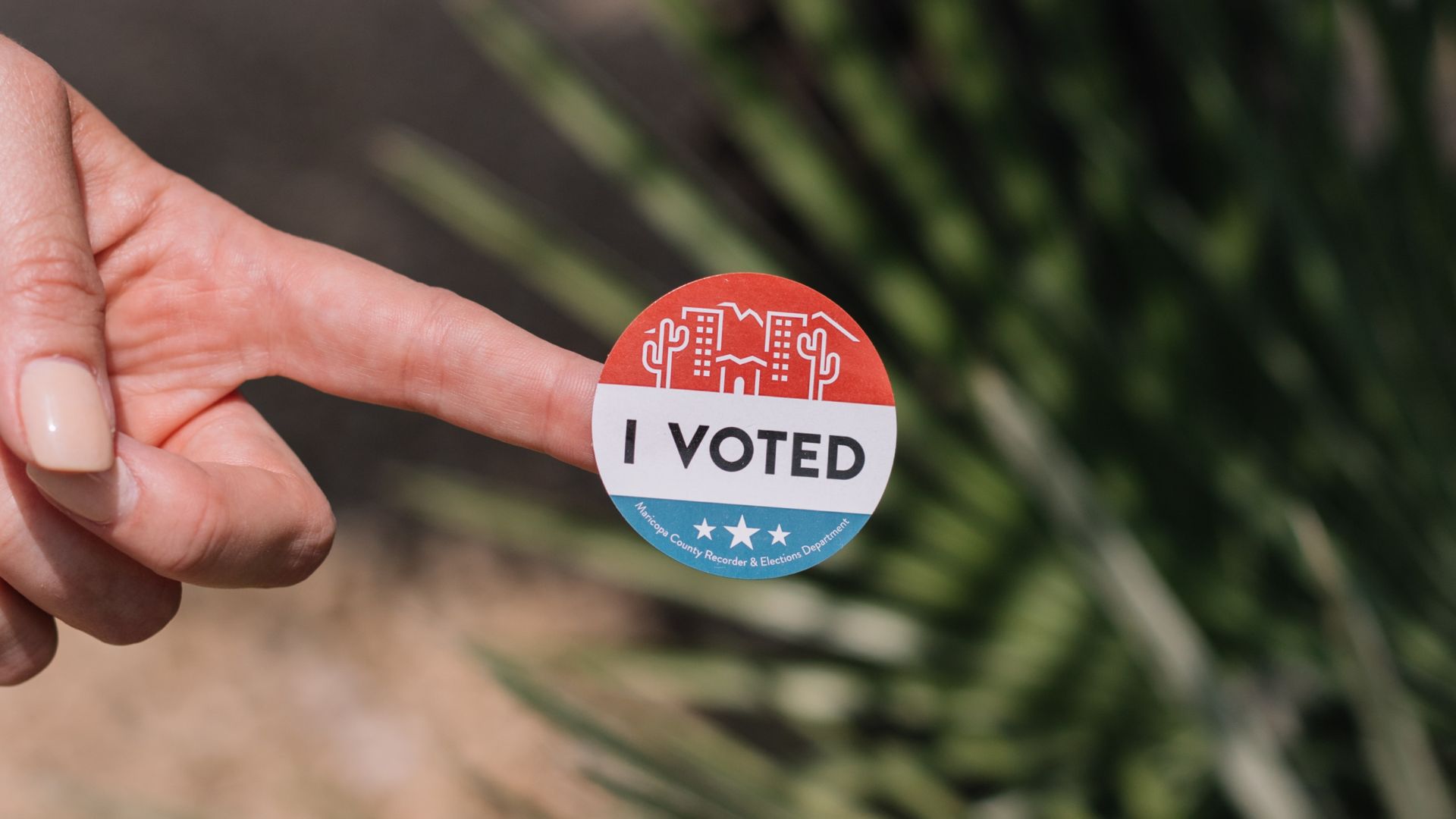
Source: Phillip Goldsberry/Unsplash
Their analysis revealed a non-linear association, contrasting with previous studies that had indicated a straightforward link between obesity rates and Republican votes.
The Threshold Phenomenon
The data presented an interesting pattern: as the obesity rate in a county rose from 12% to 34%, support for Trump increased.
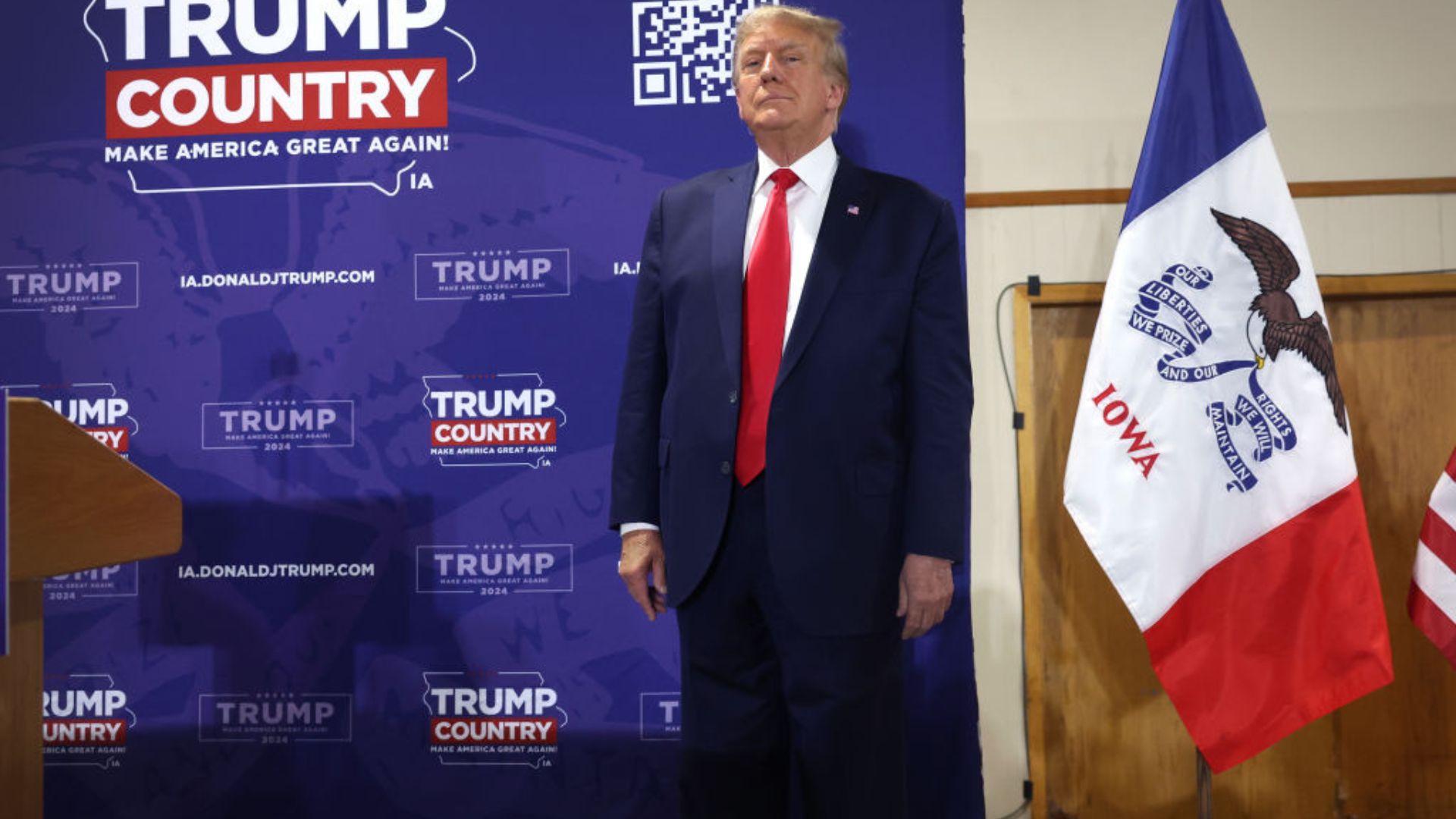
Source: Getty Images
However, beyond this threshold, the backing for the Republican candidate showed a decline. It’s crucial to note that this study’s use of county-level data doesn’t establish a direct link between individual obesity and voting tendencies.
Words from the Researchers
The researchers shared their observations, noting, “This study assessed the impact of county-level obesity prevalence on the 2016 presidential election. There was a quadratic association between the county obesity rate and the vote margin for the Republican Party’s presidential candidate.”

Source: Getty Images
They further elaborated on the non-linear relationship, describing how vote margins shifted with varying obesity rates.
Study Limitations and Interpretations
The researchers acknowledged that their study was observational.

Source: Andres Ayrton/Pexels
This approach inherently brings certain limitations like measurement errors, potential confounding factors, and the possibility of an ecological fallacy. These factors are important to consider when interpreting the results and their implications.
Call for Further Research
An and Ji concluded by emphasizing the need for future research. They expressed interest in replicating and exploring the non-linear association they identified between county obesity rates and voting margins for the Republican presidential candidate.
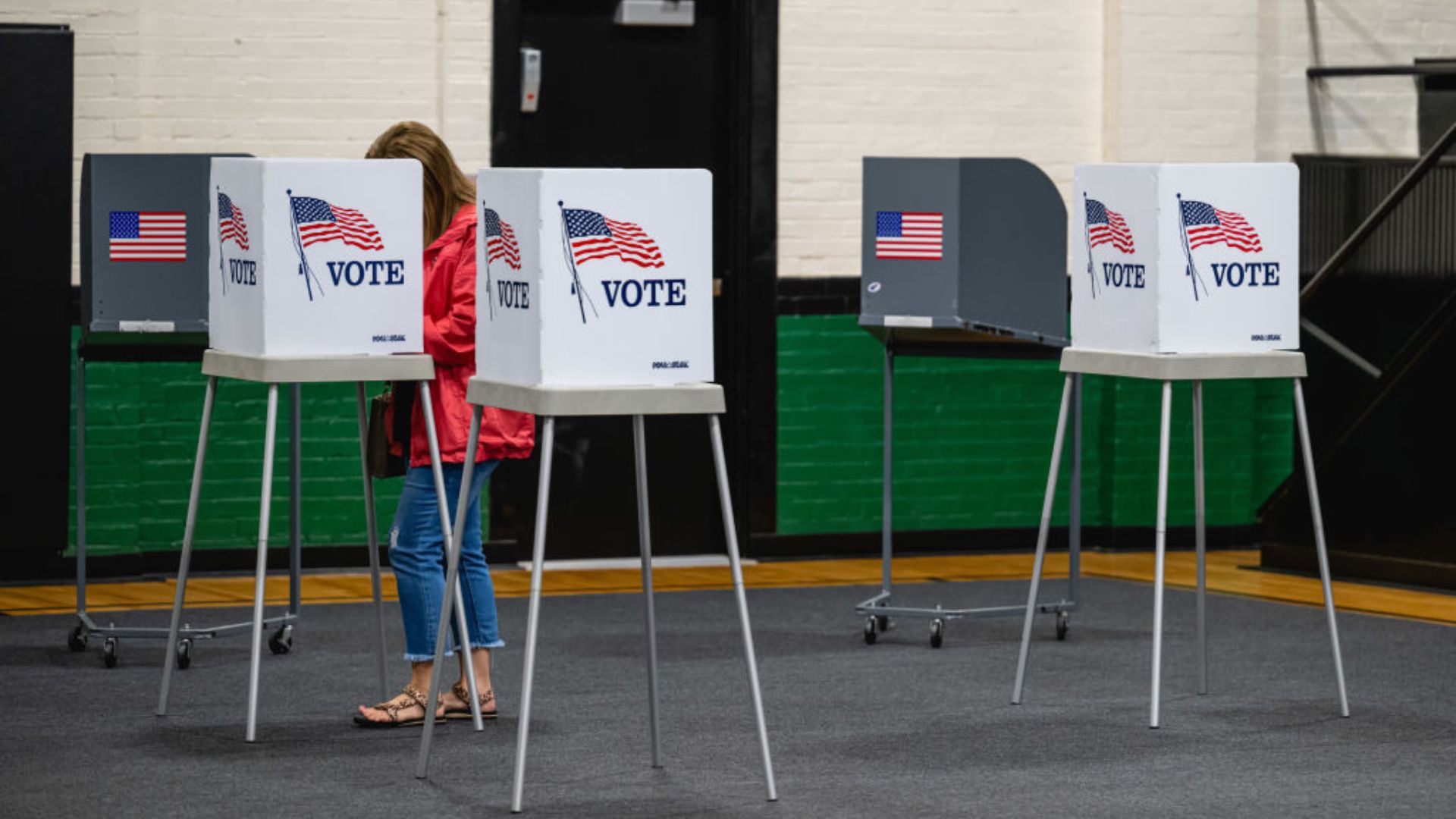
Source: Getty Images
There’s a broader aim to understand the mechanisms linking the obesity epidemic to voting behaviors over time.
Online Responses to the Study
Upon the study’s release, many individuals online shared their thoughts and reactions. Some comments aligned with the research’s findings, while others provided alternative perspectives.

Source: charlesdeluvio/Unsplash
The study’s results generated a diverse range of opinions, shedding light on the complexity of the topic.
Delving into Broader Concerns
Some online responses touched on broader societal issues, highlighting potential links between economic status, health, and political preferences.
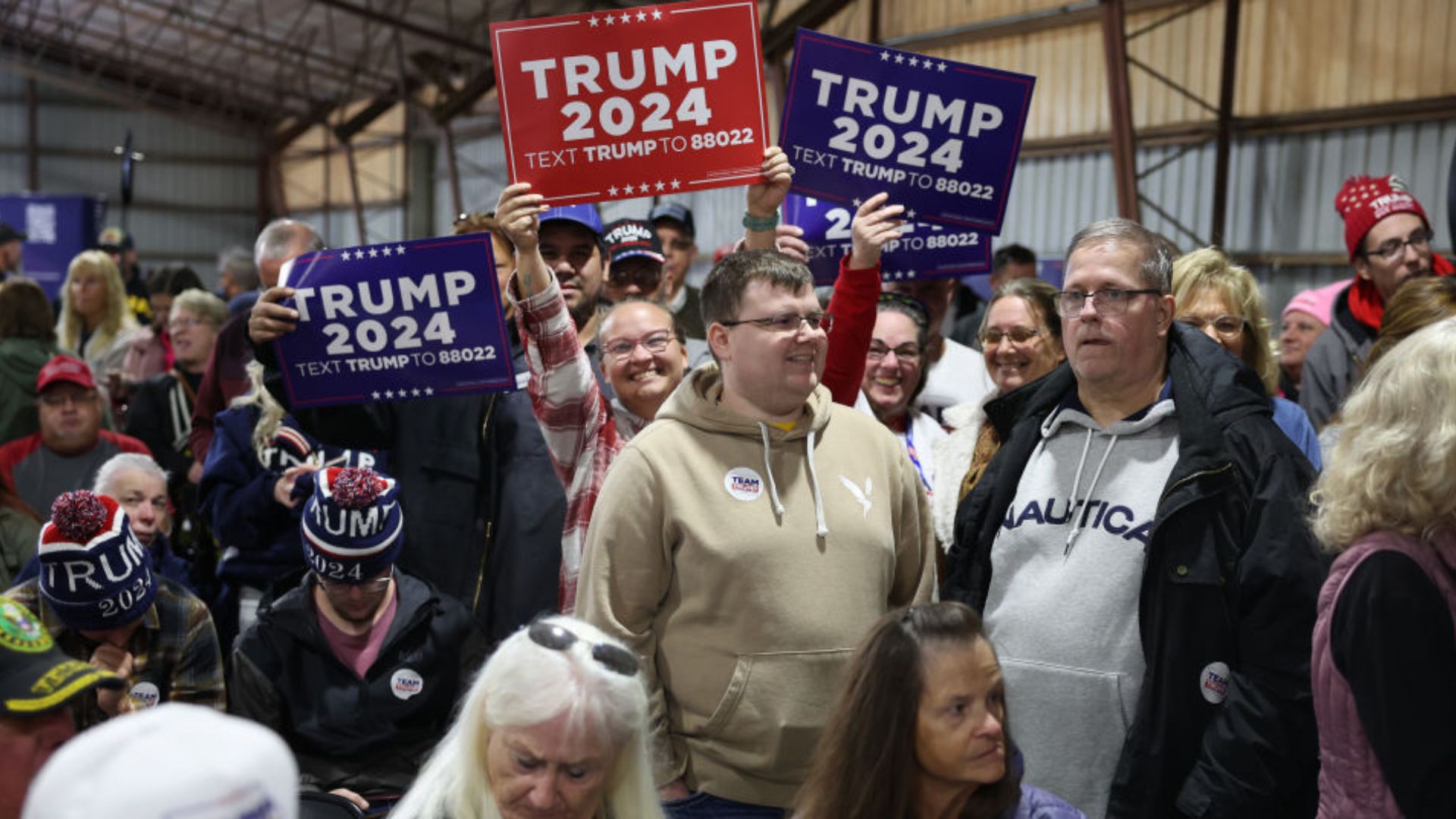
Source: Getty Images
The study, while focusing on obesity rates and voting patterns, indirectly sparked discussions about the multifaceted challenges faced by different communities.
A Step Towards Deeper Understanding
The research by An and Ji, while providing novel insights, also raises questions that demand further investigation.
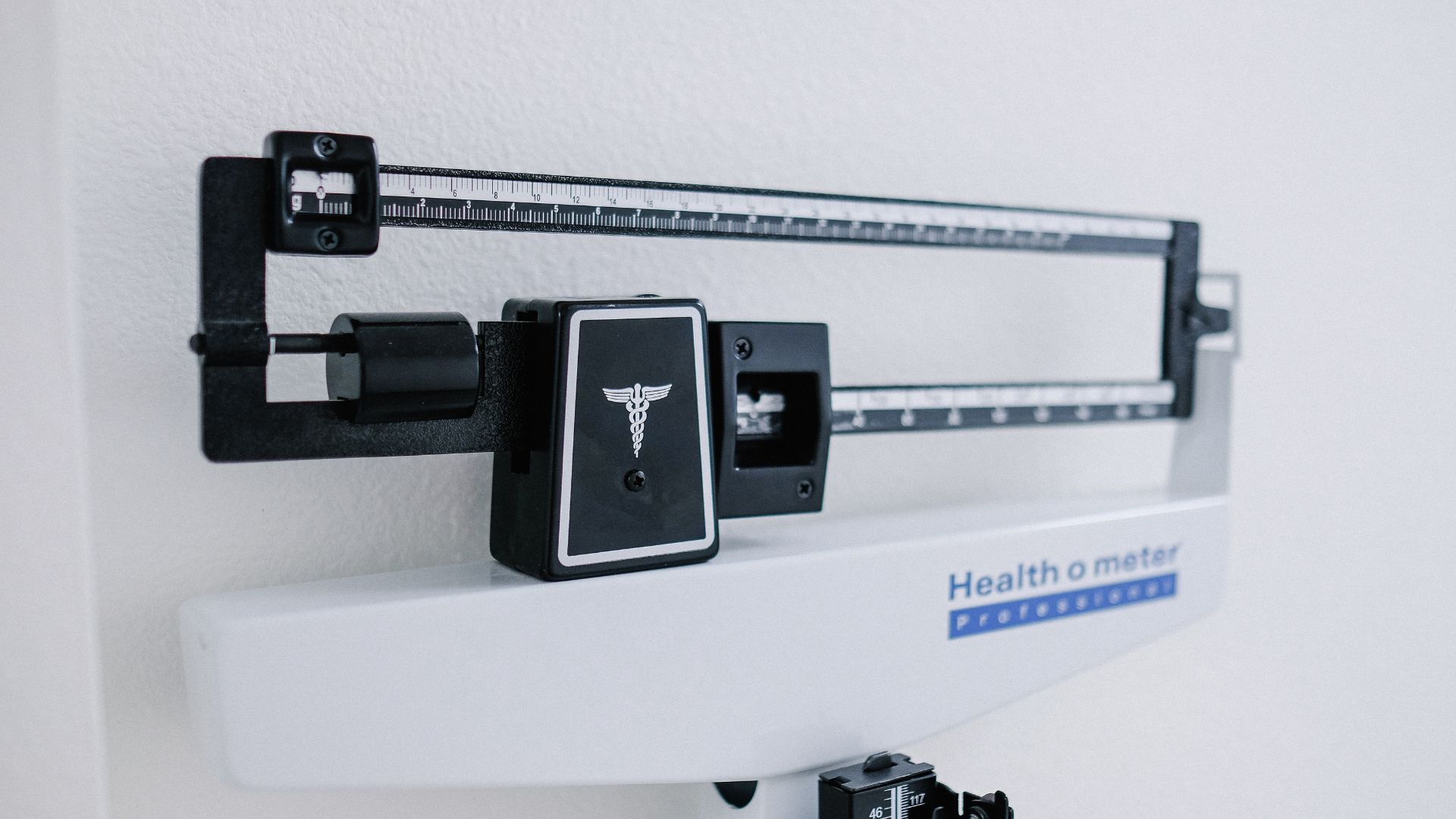
Source: Kenny Eliason/Unsplash
The relationship between health conditions, like obesity, and political behavior is intricate. As the scientific community delves deeper, such studies lay the foundation for broader discussions and understanding in society.
